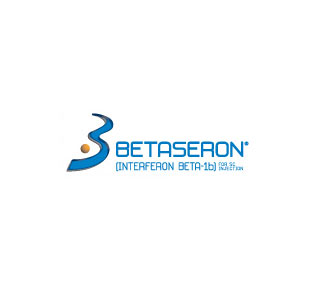
Claimed to be a novel application with a specific MS medication it includes Bayer’s patient support program, BETAPLUS. The application providers revealed that the myBETAapp gives injection reminders, injection site rotation assistance and injection history to patients.
Sally Jewell, Director, BETAPLUS/BETA Nurse Programs explained, “For many years, the assistance provided to Betaseron patients through BETAPLUS, including personalized nursing care, has been instrumental in helping patients stay committed to their treatment. This newest addition allows patients to carry that support with them in their iPhone/iPod touch wherever they go, whether that’s at home, at work or on vacation.”
Once the internet is enabled, users can access the BETAPLUS Web page on Betaseron.com, including links to educational tools, peer support and contacts listed on the site. The BETAPLUS program grants it users the ability to directly dial and talk to BETA Nurses, who are specially trained in MS.
Paul Bedard, Vice President and General Manager, Neurology, Bayer HealthCare Pharmaceuticals remarked, “Bayer is committed to the care of MS. BETAPLUS, our comprehensive support program for people taking Betaseron, helps to address the day-to-day needs of people living with this disease. MyBETAapp is an extension of our ongoing commitment to help improve the management of MS.”
It is claimed that users of BETAPLUS will be provided with one-on-one training and regular follow-up calls by an MS-trained BETA Nurses, access to the Peer Mentor Program, and Access Specialists who can work with a patient’s insurance company. Introduction of the application may lessen a MS patient’s discomfort of frequently visiting a clinic.
Service providers highlighted that BETASERON (interferon beta-1b) is indicated for the treatment of relapsing forms of multiple sclerosis. They further affirmed that the most general reported reactions include lymphopenia, injection-site reaction, asthenia, flu-like symptom complex, headache and pain. They cautioned that BETASERON ought to be employed very carefully in patients with depression.
The providers warned that around 4 percent patients in controlled trials registered injection-site necrosis. Awareness about the importance of rotating injection sites should be conferred upon patients. Also female patients should be informed regarding the potential threat to pregnancy. They shared that anaphylaxis cases were also seldom recorded. Betaseron patients now have free, exclusive access to the application by visiting betaseron.com/app or the Betaseron website.
